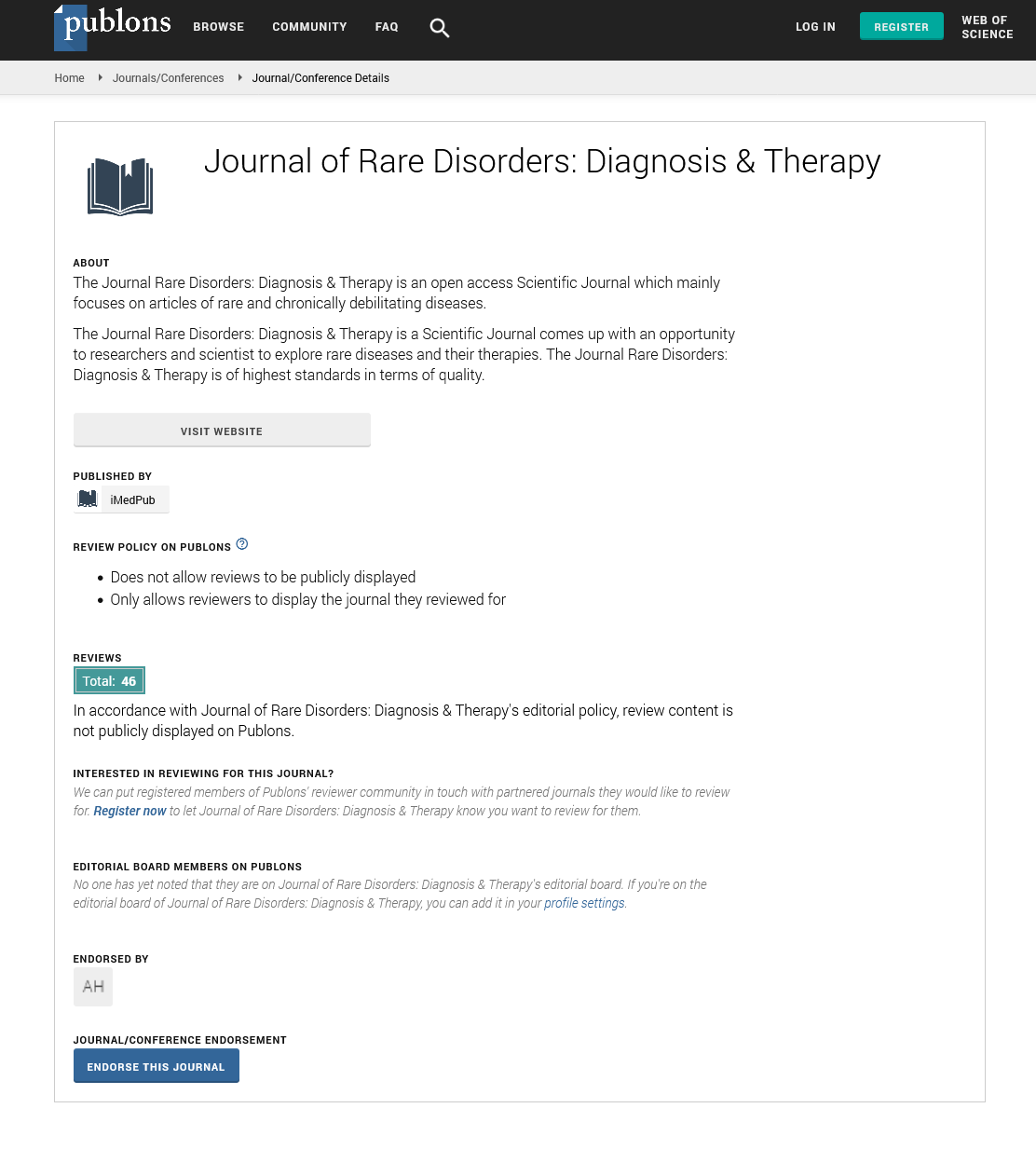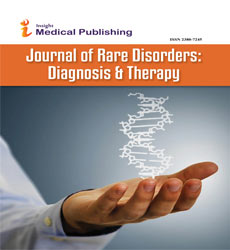Abstract
Physical and Psychosocial Outcomes of a Weekend Retreat for People Living with Hypermobile Ehlers-Danlos Syndrome
Patients living with hypermobile Ehlers-Danlos Syndrome (hEDS) often suffer from poor balance, kinesiophobia, social isolation, and sensory processing issues. While studies have examined medical and psychological interventions to help patients manage these symptoms, a knowledge gap exists regarding the role that weekend retreats can play in improving patients’ symptom management, providing strategies for coping with physical challenges, and education on their diagnosis. We piloted programming for a threenight retreat in order to examine its impact on nine individuals living with hEDS in central Indiana. Programming included meals, lodging, group educational and recreational activities, individual preventive screening and education, and opportunities to socialize. Participants completed questionnaires at three different intervals: One at the beginning of the retreat, one immediately after it, and follow-up questionnaires at about five months out. After the retreat, participants scored better on most items relative to their pre-retreat scores. Although limited, our findings suggest that the retreat succeeded in improving symptom management and social networking among patients with this uncommon disease. Moreover, many of these positive effects were enduring and contributed to participants’ longterm abilities to cope with the effects of living with hEDS.
Author(s): Sarah K Book1, Clair A Francomano1, Ryan H Wood2 and Colin ME Halverson3
Abstract | Full-Text | PDF
Share this

Google scholar citation report
Citations : 241
Journal of Rare Disorders: Diagnosis & Therapy received 241 citations as per google scholar report
Journal of Rare Disorders: Diagnosis & Therapy peer review process verified at publons
Abstracted/Indexed in
- Google Scholar
- China National Knowledge Infrastructure (CNKI)
- Directory of Research Journal Indexing (DRJI)
- Publons
- International Committee of Medical Journal Editors (ICMJE)
- Secret Search Engine Labs
- Euro Pub
Open Access Journals
- Aquaculture & Veterinary Science
- Chemistry & Chemical Sciences
- Clinical Sciences
- Engineering
- General Science
- Genetics & Molecular Biology
- Health Care & Nursing
- Immunology & Microbiology
- Materials Science
- Mathematics & Physics
- Medical Sciences
- Neurology & Psychiatry
- Oncology & Cancer Science
- Pharmaceutical Sciences


